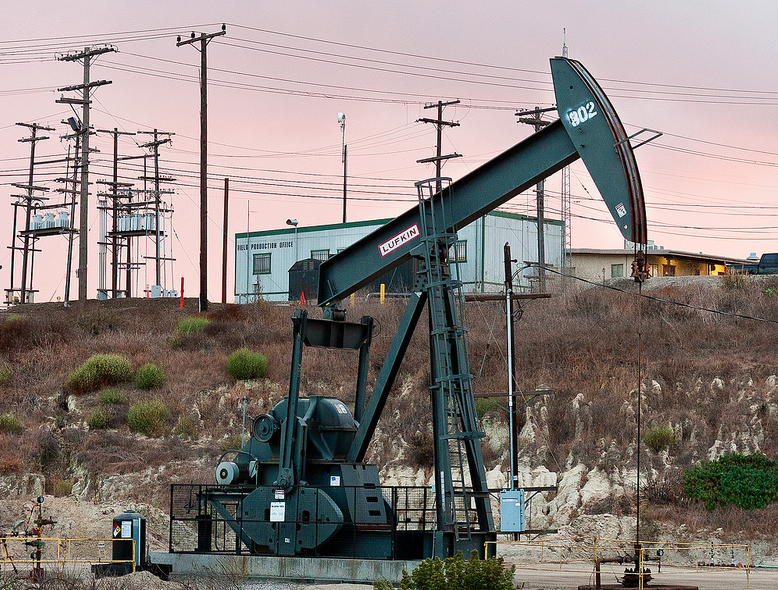New Scientist
Image: brims1285
Sometimes two problems can cancel each other out. Carbon dioxide emissions from power plants could be put to good use, preventing fracking chemicals from contaminating drinking water supplies.
Although fracking has unlocked new fuel sources and slashed energy prices, there is a risk that toxic compounds in the fracking fluid can get into shallow aquifers via fractures in the bedrock.
Andres Clarens at the University of Virginia in Charlottesville and his team say pumping CO2 into the wells could prevent this. At the high temperatures and pressures found at depth, it reacts with silicate minerals in rocks to form a carbonate deposit.
In the lab, the team has mimicked conditions in the Marcellus shale, a vast hive of fracking activitybeneath New York state and Pennsylvania. They found that half of the CO2 injected in their experimental simulation was converted into solid carbonates within a day. Read more on newscientist.com…








